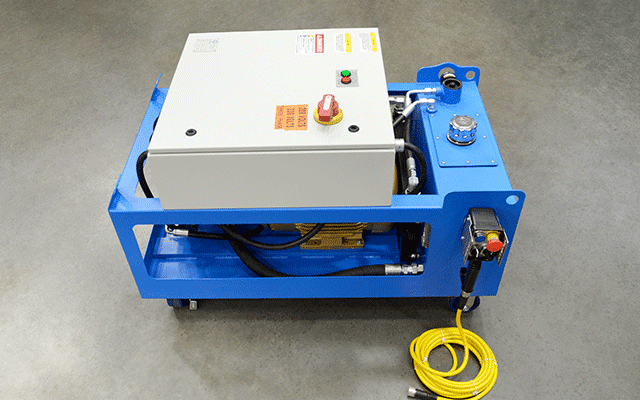Minimising the impact of a common -… – Information Centre – Research & Innovation

© Inna, #290145624, resource:stock.adobe.com 2020
Across Western countries, the hazards of non-communicable disorders, these types of as allergic reactions, metabolic and neurodevelopment ailments, and being overweight, are on the increase. As this raise is likely the end result of nutritional changes, analysis into managing these types of disorders tends to concentration on the intestine.
The institution of intestinal microbiota, or the hundreds of thousands of microorganisms that reside in our intestine, during early childhood is essential to the enhancement of our immune technique, physiology, and overall overall health, states Silvia Arboleya, PhD, a Marie Skłodowska-Curie postdoctoral researcher at Spains Dairy Analysis Institute of Asturias.
According to Arboleya, it is nicely identified that the institution of wholesome intestinal microbiota can be affected by these types of elements as shipping, feeding routine, gestational age and the use of antibiotics. What we dont know is how other perinatal elements, these types of as intrapartum antimicrobial prophylaxis, or IAP, effect this process, she provides.
To come across out, IAPEMIDE, an EU-funded venture led by Arboleya, is learning the effect that IAP has on the institution of intestinal microbiota in newborns and on their enhancement of antibiotic resistant genes.
IAP is an efficient procedure very long utilised for lessening neonatal mortality. Nevertheless, it is also being utilised for a selection of clinical predicaments wherever no apparent gain has been shown. In some situations, its use has even been connected to harmful facet-consequences.
Knowledge IAPs rapid and very long-time period effect
The objective of the venture was to deliver an in-depth comprehension of maternal IAPs rapid and very long-time period effect. We wanted to discover how maternal IAP altered the enhancement of neonatal intestine microbiota and brought on an antibiotic resistance, remarks Arboleya. With this info in hand, we then aimed to build precise nutritional procedures for minimising the effect of this prevalent and probably harmful clinical practice.
To do this, scientists collected faecal samples from infants at 2, 10, 30 and 90 days and then yet again at six and twelve months. Immediately after processing these samples to isolate DNA and faecal water, they have been capable to decide that the infants whose moms received IAP noticed alterations in the composition of their intestine microbiota.
Bacterial families these types of as Enterobacteriaceae, which incorporates a broad assortment of pathogens, have been improved in the intestine microbiome of IAP infants, points out Arboleya. However, other useful microbes groups, these types of as Bifidobacterium and Bacteroides each of which are quite significant at the beginning of existence have been lessened in this group of infants.
The venture also analyzed irrespective of whether eating plan could enable correct the alterations noticed on the intestine microbiota of IAP infants. Here, scientists as opposed info derived from breast-fed and formulation-fed infants in each IAP and non-IAP infants. Although this analysis continues to be ongoing, what we are seeing indicates that feeding IAP infants breast milk aids retain higher ranges of useful microbes, states Arboleya.
Eventually, to recognize how IAP impacts antibiotic resistance, scientists analysed the subjects antibiotic resistance genes. Interestingly, we located an improved selection of infants harbouring genes connected to antibiotic resistance in the group from IAP moms as opposed to individuals who werent uncovered to IAP, notes Arboleya.
Cutting down non-communicable disorders
The IAPEMIDE venture evidently exhibits that IAP not only modifies the composition of intestine microbiota, but also increases antibiotic resistance. IAPEMIDE succeeded at producing new info about the purpose of intestine microbiota, antibiotics and probiotics in neonatal enhancement and overall health, points out Arboleya. Moreover, it gives the foundation for acquiring new nutritional procedures for minimising the effect of one of medicines most prevalent tactics, finally lessening non-communicable disorders and antibiotic resistance later in existence.
Arboleya has introduced the projects results at numerous global workshops and conferences. The Marie Skłodowska-Curie Action authorized me to enrich and acquire competences and boost myself as a mature, independent researcher, she concludes.







